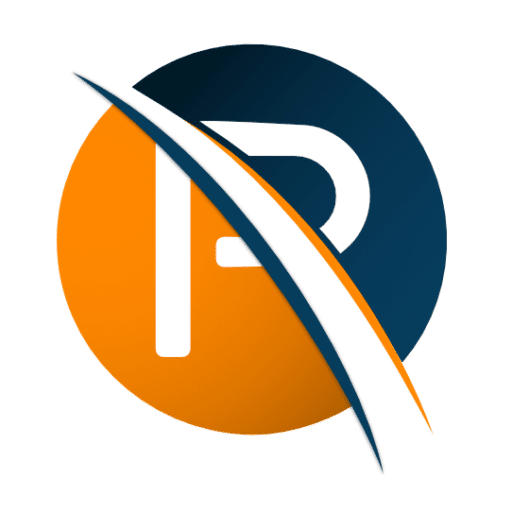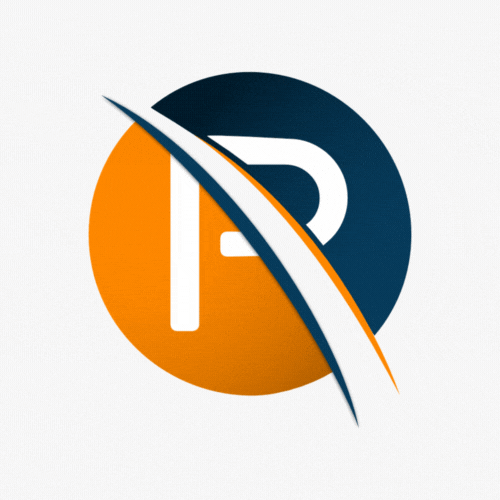In the world of business operations, two essential functions reign supreme: Human Resources (HR) and Payroll. These integral components ensure the well-being of employees, the adherence to legal requirements, and the smooth financial functioning of an organisation. Yet, for many, the intricacies of HR and Payroll can often seem like a labyrinth of jargon and complexity.
Are you baffled by the difference between HR and Payroll, or wondering how they work together? Perhaps you’re curious about the skills required for success in each field or the tech tools that streamline their processes. Maybe you’re concerned about compliance with ever-evolving laws and regulations. Whatever your HR and Payroll inquiries may be, you’ve come to the right place.
In this comprehensive guide, we aim to shed light on the 10 most common questions surrounding HR and Payroll. Whether you’re an HR professional seeking to deepen your understanding or a business owner striving for clarity, our answers will demystify these critical functions, empowering you to make informed decisions and navigate the HR and Payroll landscape with confidence.
Part 1: The Basic Differences between HR and Payroll

What’s the difference between HR and Payroll?
HR (Human Resources) focuses on managing the people within an organisation, including recruitment, employee development, and handling workplace policies. Payroll, on the other hand, specifically deals with the financial aspect of employee compensation, ensuring accurate and timely payment of salaries, taxes, and benefits.

What are the functions of HR and Payroll?
HR functions include talent acquisition, training and development, performance management, employee relations, and policy enforcement. Payroll functions involve calculating and distributing salaries, managing tax deductions, handling benefits administration, and ensuring compliance with labour laws.

What is the relationship between HR and Payroll?
HR and Payroll have a symbiotic relationship. HR provides Payroll with necessary employee data for accurate payment, while Payroll ensures that employees are compensated according to their employment agreements. Collaboration between the two ensures smooth financial and personnel management.

What are the five main duties of HR & the five main duties of Payroll?
HR:
- Recruitment and Onboarding
- Employee Development and Training
- Performance Management
- Employee Relations
- Policy Implementation and Compliance
Payroll:
- Salary Calculation and Processing
- Tax Deductions and Reporting
- Benefits Administration
- Time and Attendance Tracking
- Compliance with Labor Laws
Part 2: The Roles and Benefits of HR and Payroll

What is the role of the HR officer in Payroll?
An HR officer in the payroll team acts as a liaison between HR and payroll departments. They ensure that accurate employee data is provided to the payroll team, help address any discrepancies, and ensure that payroll processes align with the organisation’s HR policies.

What are the benefits of HR and payroll systems?
HR systems streamline recruitment, training, and employee management, improving efficiency. Payroll systems automate salary calculations, tax deductions, and benefits administration, reducing errors and ensuring timely payments.

What tech tools does each team use?
Solutions HR teams use:
- Applicant Tracking Systems (ATS) for recruitment
- Learning Management Systems (LMS) for employee training
- Human Resource Information Systems (HRIS) for personnel data management
Solutions Payroll teams use:
- Payroll Processing Software for salary calculations
- Time and Attendance Software for tracking work hours
- Tax Software for accurate tax deductions

Do payroll and HR systems integrate?
Yes, modern payroll software can easily integrate with HR systems. Although some Payroll and HR software can integrate, not all will be seamless and may even contain malfunctions. When choosing Payroll software, ensure the provider has built a pre-configured integration system for your chosen HR software.
PaySpace, for example, offers organisations the capability to seamlessly incorporate Workday with PaySpace, utilising a pre-configured integration system specifically designed for Workday.
Part 3: The Skills Needed By Payroll and HR Employees

What skills do you need for HR? What skills do you need for Payroll?
HR skills include:
- Communication and interpersonal skills
- Recruitment and interviewing expertise
- Conflict resolution and employee relations
- Training and development knowledge
- Understanding of labour laws and regulations
Payroll skills include:
- Strong numerical and analytical skills
- Attention to detail and accuracy
- Knowledge of tax laws and payroll regulations
- Time management and organisation
- Proficiency in payroll software and financial tools
Part 4: Compliance Laws for HR and Payroll

Which compliance laws does Payroll handle, and what compliance laws does HR handle?
Payroll Compliance:
Tax Regulations: Payroll teams are responsible for ensuring compliance with tax laws at local, state, and national levels. This includes accurately calculating and withholding income taxes, Social Security contributions, and other mandatory deductions.
Wage and Hour Laws: Payroll professionals navigate wage and hour laws to ensure that employees are paid correctly for their work hours, overtime is properly compensated, and minimum wage requirements are met.
Data Privacy: Handling sensitive employee financial information means adhering to data privacy laws. Payroll teams must safeguard this data and comply with regulations like GDPR or HIPAA, depending on the nature of the information.
HR Compliance:
Equal Employment Opportunity (EEO): HR ensures compliance with EEO laws, promoting fair and equal treatment for all employees regardless of race, gender, age, or other protected characteristics. They prevent workplace discrimination and harassment.
Labour Laws: HR professionals manage compliance with labour laws, including those related to working hours, breaks, and employee rights. They make sure company policies align with these laws to avoid legal disputes.
Employee Benefits: HR handles compliance with laws related to employee benefits, such as health insurance, retirement plans, and leave policies. They ensure that employees receive the benefits they are entitled to under the law.
Workplace Safety: Ensuring a safe work environment involves compliance with occupational health and safety regulations. HR teams develop safety protocols, conduct training, and oversee compliance to prevent workplace accidents.
Employment Contracts: HR professionals draft employment contracts that comply with labour laws, clearly outlining terms of employment, job responsibilities, compensation, and benefits to protect both the company and employees.
Did we miss a question? Leave it in the comments below.
HR and Payroll are more than just departments; they are the backbone of an organisation’s well-being. They ensure employees are not just paid promptly but also nurtured, guided, and empowered to thrive within the workplace. They keep the business compliant with legal regulations and leverage technology to streamline processes and improve efficiency.
As we reach the end of this exploration into the world of HR and Payroll, we hope you now feel equipped with a deeper understanding of these vital organisational functions. We’ve answered the 10 most common questions about HR and Payroll, shedding light on their differences, similarities, and the intricate roles they play in the success of any business.


